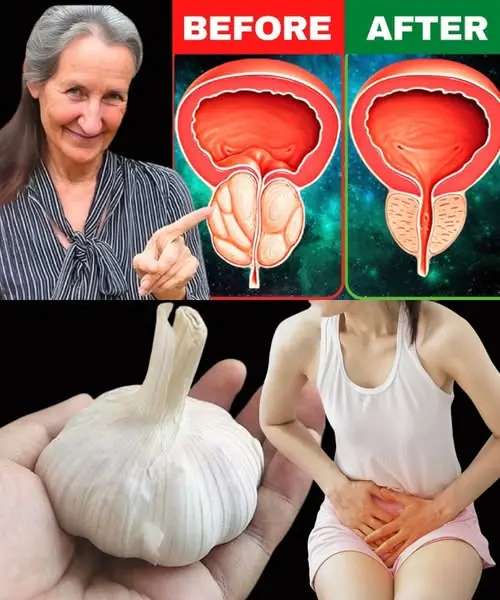
A month before a stroke, your body warns you: 10 signs not to ignore
One Month Before a Stroke, Your Body Warns You: 10 Signs You Shouldn't Ignore
A stroke is a medical emergency that requires immediate attention, but did you know that your body often sends warning signals weeks before it happens? Recognizing these early symptoms can mean the difference between life and death. In this article, we’ll explore strokes, their different types, and 10 crucial warning signs you shouldn’t ignore.
What Is a Stroke?

A stroke occurs when blood flow to the brain is disrupted, cutting off the oxygen supply to brain cells. This can cause permanent damage, disability, or even death. There are three main types of strokes:
- Ischemic Stroke – The most common type, caused by blocked arteries due to blood clots or cholesterol buildup.
- Hemorrhagic Stroke – Occurs when a blood vessel in the brain bursts, often due to an aneurysm or head injury.
- Transient Ischemic Attack (TIA) – Also known as a "mini-stroke," this is a temporary blockage that resolves on its own but is a warning sign of a future stroke.
Stroke symptoms depend on the affected brain area, but some warning signs may appear weeks or even months before an actual stroke.
10 Early Warning Signs of Stroke You Shouldn’t Ignore
1. Sudden Fatigue
Unexplained exhaustion or extreme fatigue can indicate that your brain is struggling due to reduced blood flow. If fatigue persists despite rest, consult a doctor.
2. Visual, Auditory, or Olfactory Hallucinations
Seeing flashes of light, hearing unusual sounds, or smelling non-existent odors can be neurological warning signs. If these symptoms appear suddenly and without a clear cause, they could indicate an impending stroke.
3. Facial Paralysis or Numbness
One of the most recognizable stroke warning signs is sudden numbness or paralysis, usually on one side of the face. If you notice an uneven smile or drooping eyelid, seek medical attention immediately.
4. Sudden Vision Loss or Blurred Vision
Losing peripheral vision or experiencing sudden blurry vision can signal reduced blood flow to the brain. If you notice sudden changes in vision in one or both eyes, do not ignore them—this could be an early stroke symptom.
5. Loss of Balance and Coordination
Do you suddenly find yourself stumbling, feeling dizzy, or struggling to maintain balance? If these issues persist, they may indicate circulation problems in the brain.
6. Difficulty Speaking or Understanding Speech
Slurred speech, trouble finding words, or difficulty understanding others can be early stroke symptoms. If communication becomes challenging, do not wait—seek immediate medical help.
7. Severe Unexplained Headaches
Frequent headaches that differ from usual migraines—especially if they are sudden and intense—could signal an impending stroke. If painkillers do not help, take this symptom seriously.
8. Sudden Mood Changes or Memory Loss
Irritability, confusion, or forgetfulness may indicate brain dysfunction. While occasional forgetfulness may seem harmless, it could be an early sign of a stroke.
9. Shortness of Breath or Chest Pain
A stroke doesn’t only affect the brain—it can also impact the heart. If you suddenly experience difficulty breathing, chest discomfort, or irregular heartbeats, these could be warning signs of an increased stroke risk.
10. Sudden, Unexplained High Blood Pressure
Frequent and unexplained spikes in blood pressure can damage arteries and lead to a stroke. If your blood pressure is consistently high, consult a doctor to manage your risk.
How to Reduce Your Stroke Risk
Now that you know the warning signs, here are some proactive steps to lower your stroke risk:
- Maintain a healthy diet – Eat plenty of fruits, vegetables, whole grains, and lean protein while reducing salt and unhealthy fats.
- Exercise regularly – Just 30 minutes of moderate physical activity per day can significantly reduce your risk.
- Control your blood pressure – High blood pressure is the leading cause of strokes. Manage it through lifestyle changes and medication if necessary.
- Limit alcohol and avoid smoking – Excessive drinking and smoking can damage blood vessels, increasing stroke risk.
- Stay hydrated – Dehydration can thicken blood, making clots more likely.
- Manage stress – Chronic stress can lead to high blood pressure and heart issues. Practice mindfulness, deep breathing, or meditation to manage stress.
Conclusion: Early Detection Can Save Your Life
Strokes can occur suddenly, but your body often provides warning signs beforehand. Recognizing symptoms such as extreme fatigue, facial paralysis, speech difficulties, or sudden high blood pressure can save your life.
If you or someone you know experiences these symptoms, don’t hesitate—seek immediate medical attention. Prevention is key, so take proactive steps to maintain a healthy lifestyle and reduce your risk.
Stay informed, stay alert, and take care of your health!
News in the same category


The Secret Power of Okra Water: Why You Should Start Drinking It Today!

Cleanse Your Intestines, Liver, and Kidneys in Just 3 Days – Naturally!
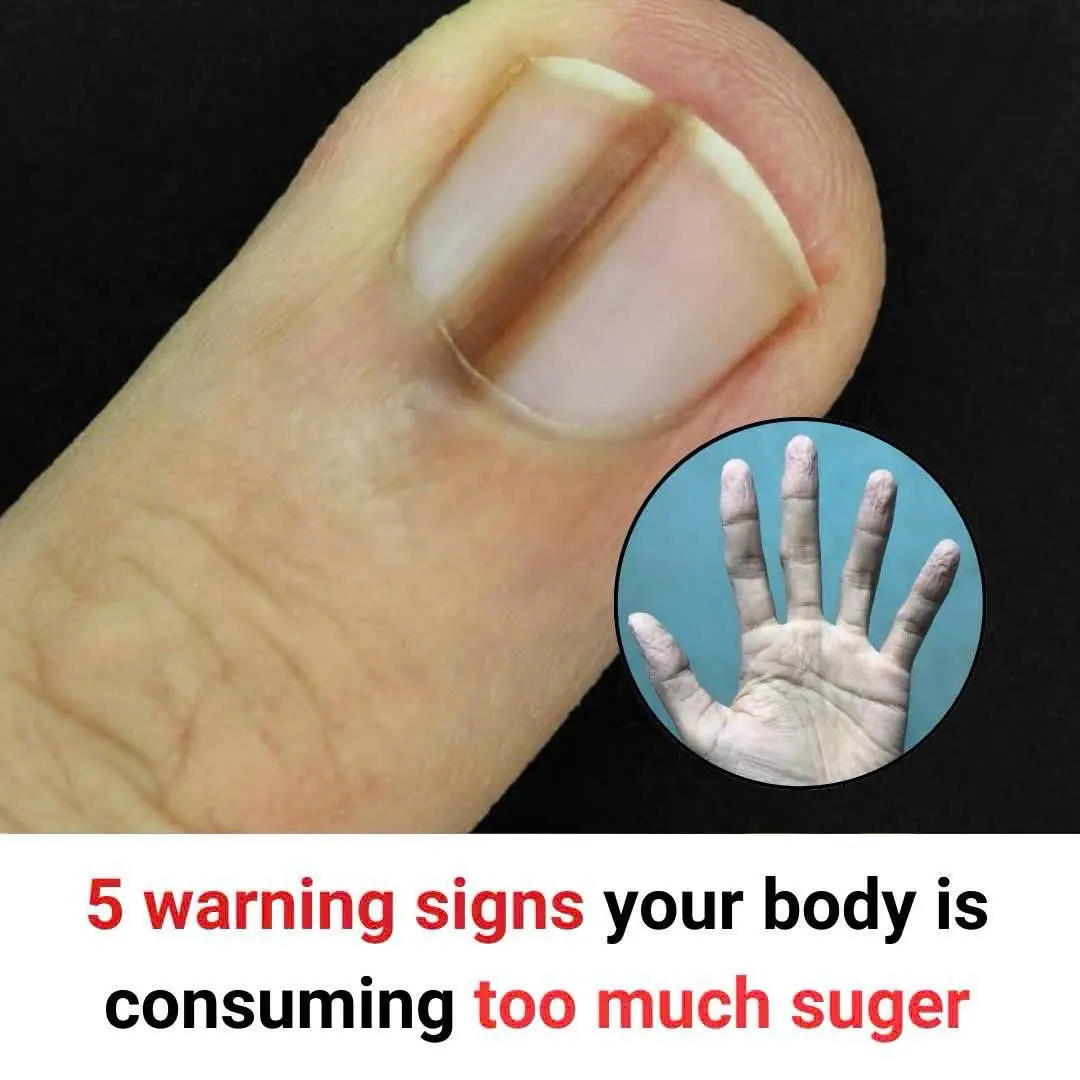
5 warning signs your body is consuming too much suger

5 foods rich in estrogen
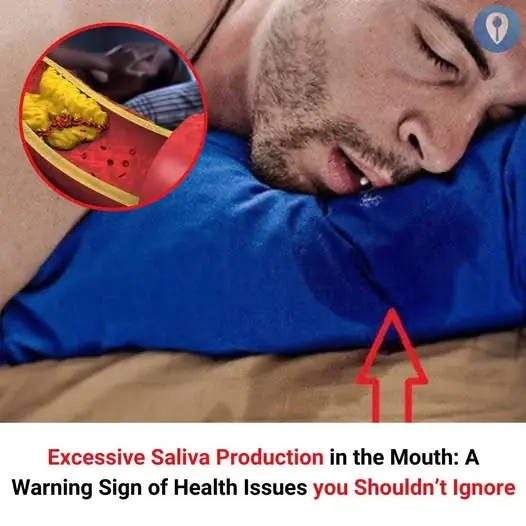
Excessive Saliva Production in the Mouth

10 Natural Ways to Whiten Teeth at Home
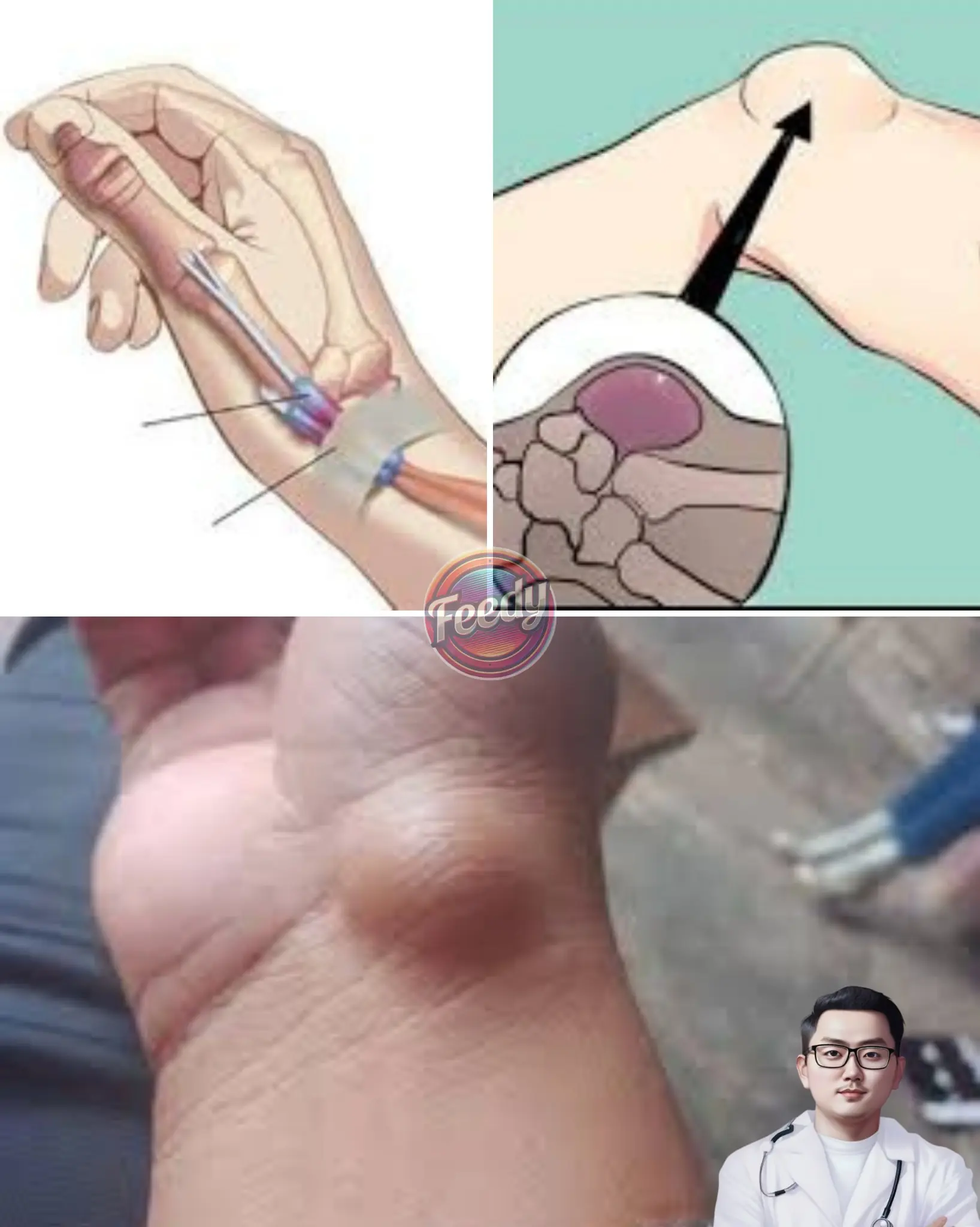
Castor Leaves: Traditional Benefits and Important Precautions

Health Benefits of Guava Leaf Tea: A Natural Remedy for Wellness

How Garlic and Lemon Can Elevate Your Performance in the Bedroom
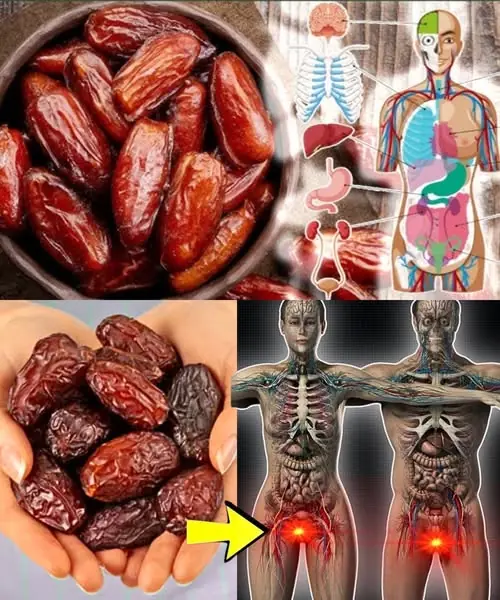
The Incredible Health Benefits of Dates: Nature’s Sweet Superfood

How to Make a Cup of Lemon, Lemongrass, Ginger, and Honey Drink to Detox Your Kidneys, Cleanse Your Liver, and Boost Immunity at Home

Waking Up Between 3 and 5 AM Could Be a Sign of Spiritual Awakening

I can't even believe it myself

Recommended this smoothie, and one glass a day was sufficient to naturally resolve these problems.
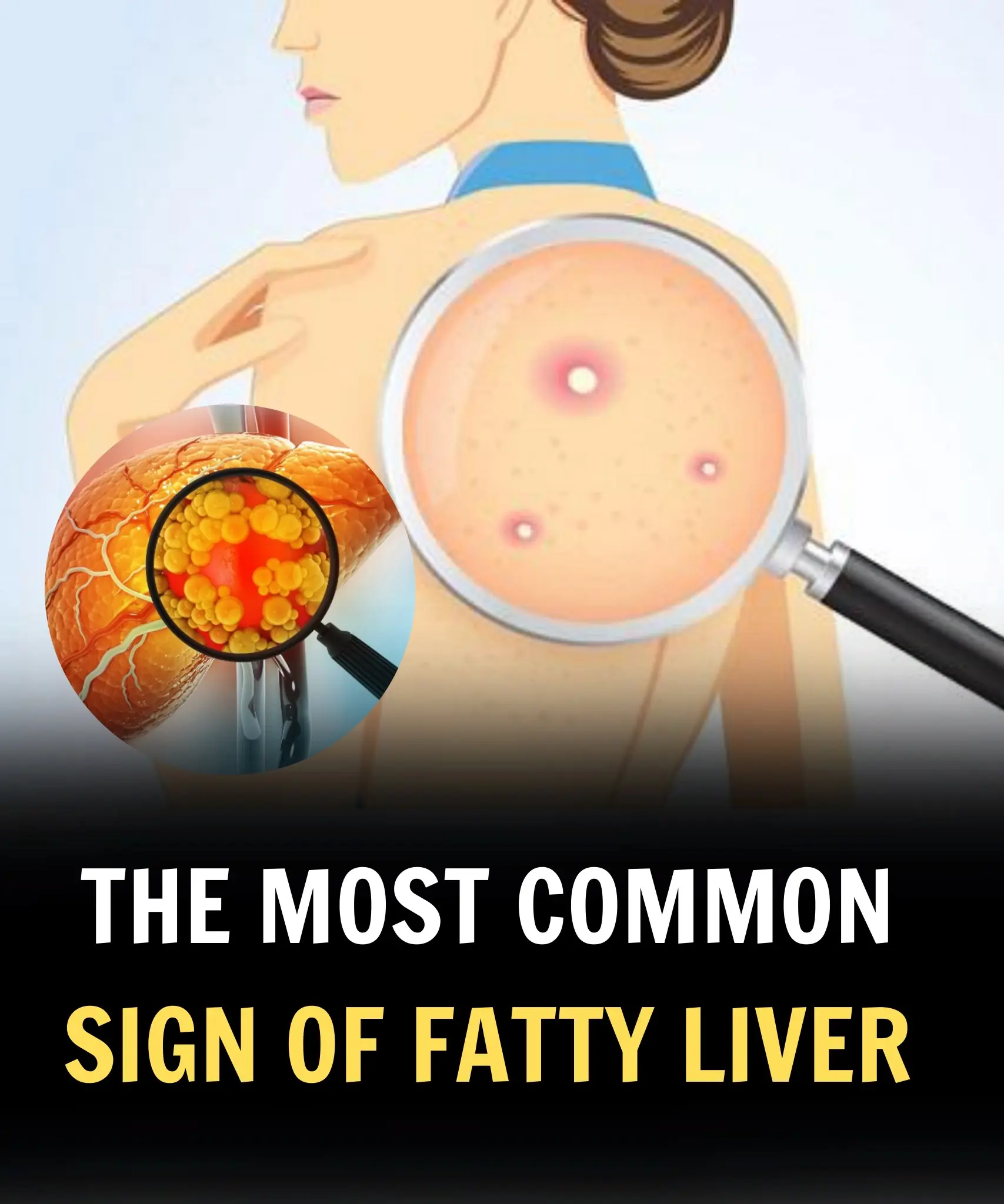
Fatty Liver: Causes, Symptoms, Treatment & Home Remedies

Onions: A Natural Way to Get Rid of Pests
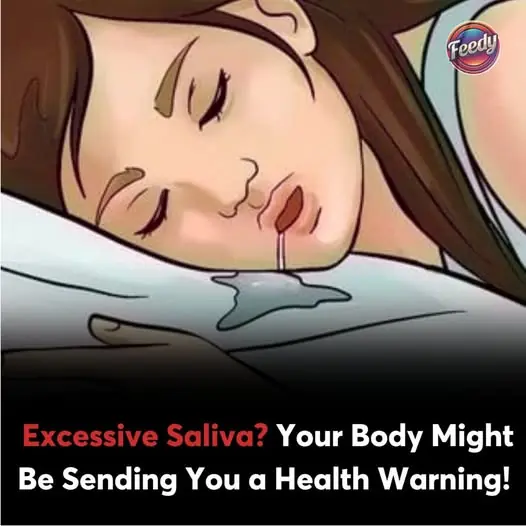
Excessive Saliva Production in the Mouth: A Warning Sign of Health Issues You Shouldn’t Ignore😪👇
News Post

How To Get Peace Lilies To Bloom More Often

How To Grow Zucchini In A Pot: An effective 6 steps guide

15 Vegetables You Can Harvest in 30 Days

The Black Serum To Get Long, Black Hair

Oil Infusion For Fast Hair Growth

Turmeric Eye Mask For Dark Circles

DIY Night Cream To Get Glow And Lovely Skin Naturally

Rice Flour & Flax Seeds Mask For Instant Glow & Younger Looking Skin

Tomato To Treat Hyperpigmentation, Dark Spots On Your Face

Beetroot Gel For Face

Collagen booster night cream!!

Homemade Anti-Aging Hand Scrub To Get Younger Looking Hands

Collagen booster night cream!!

How to use rice water to get clear & glowing skin naturally

Miracle Indian Bridal Ubtan For Skin Brightening

Turmeric Eye Mask For Dark Circles

DIY Keratin Treatment at Home for Smooth, Frizz-Free Hair

Collagen Combo For Glass Skkin

Beauty Cubes For Bright Glowing Skin
